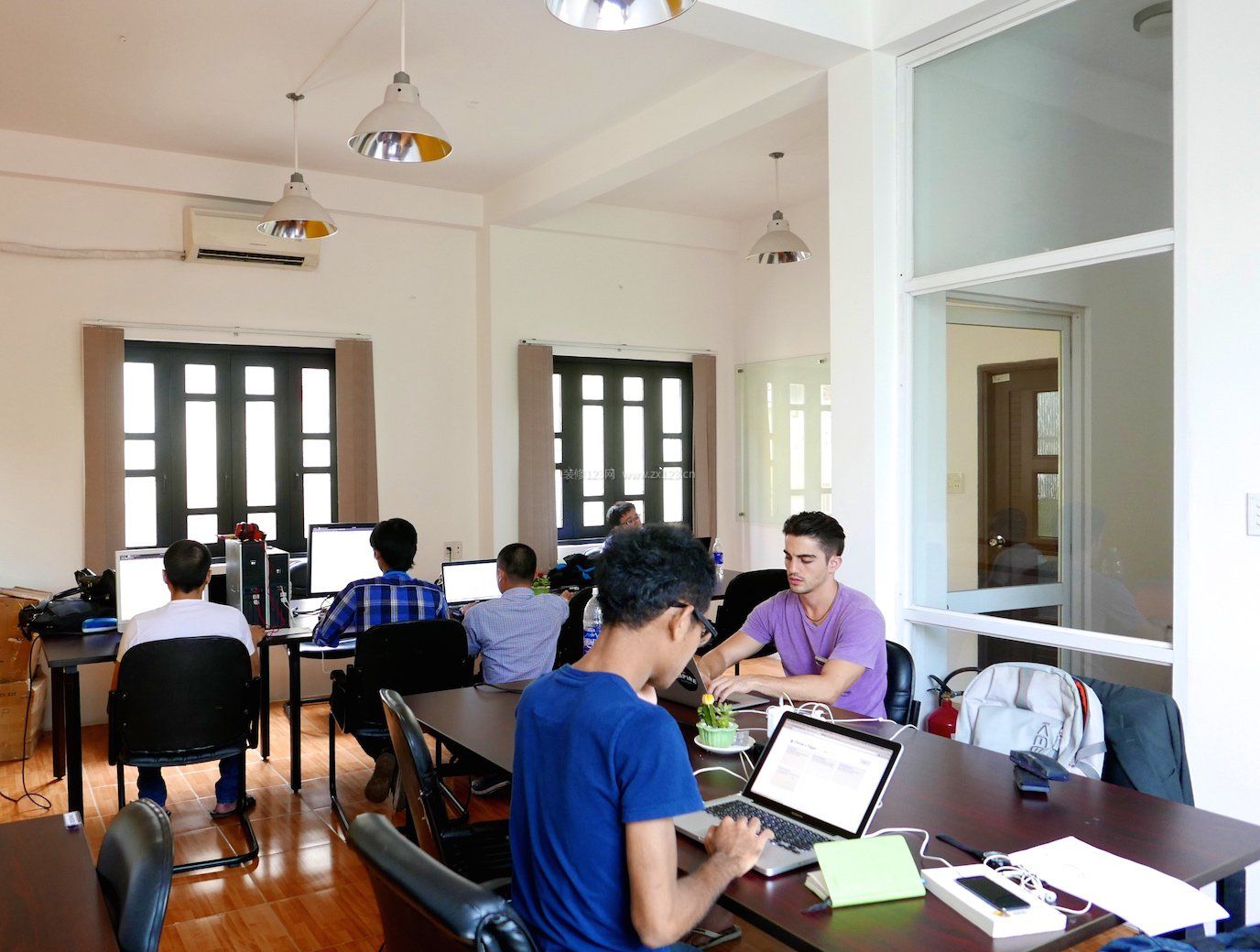
In today’s increasingly globalized world, it’s become more common for businesses to expand beyond their home borders and venture into overseas markets. However, operating internationally presents a myriad of challenges, among which ensuring the legal and regulatory protection of employees’ social security rights stands as a pivotal concern for companies expanding abroad. This article delves into the intricacies of compliantly contributing to employee social security in Indonesia, aiming to equip businesses with the knowledge to navigate the complexities of overseas operations more effectively.
Overview of Indonesia’s Social Security
Indonesia’s social security system is managed and operated by the government-established Social Security Administration Agency (BPJS). The system encompasses all businesses and employees registered in Indonesia, providing benefits such as healthcare, pension, unemployment, work injury, and maternity insurance.
Participation in Indonesia’s social security system is mandatory, with contributions required from both employers and employees. The contribution rates vary by insurance type and policy, typically shared between the employer and employee.
Legal Framework for Social Security in Indonesia
The primary legal frameworks governing social security in Indonesia are the “Social Security Law” and the “Indonesian Social Insurance Administration Organization Law.” The former outlines the specifics of contribution rates, eligibility criteria, and benefit standards, while the latter regulates the establishment, management, and operation of the social security agency. Additional regulations, like the “Labor Law” and “Company Law,” further standardize corporate conduct.
Ensuring Compliance for Businesses
To ensure compliance with Indonesia’s social security regulations, businesses should:
Understand and adhere to local laws and regulations, including contribution rates, eligibility, and benefit standards.
Communicate with local social security agencies to stay informed about policies and procedures.
Establish internal management systems to accurately maintain employee social security information and ensure timely contributions.
Conduct regular compliance checks to ensure business operations align with local laws, regulations, and policies, making adjustments as necessary.
Social Security Contribution Process in Indonesia
Opening a Social Security Account: Businesses must open a social security account with the Indonesian social security agency to make employee contributions. Consultation with the agency or professionals is advised for procedural guidance.
Submitting Employee Information: Employers must submit accurate and up-to-date employee information, including ID cards and employment contracts.
Making Contributions: Contributions should be made based on employee wages and policy guidelines, through methods like bank transfer or cash payments.
Obtaining Social Security Cards: After a period of contributions, employees can apply for social security cards from the agency, following the provided procedures.
Adjusting to Policy Changes: Stay abreast of policy changes and adjust contribution plans accordingly to ensure compliance.
Key Considerations for Social Security Contributions in Indonesia
Ensure timely contributions to avoid late fees.
Verify the accuracy of employee information to prevent errors and potential liabilities.
Keep informed about policy changes to maintain compliance and manage social security costs effectively.
Develop a positive corporate culture and employee benefits system to enhance job satisfaction and attract talent.
Frequently Asked Questions
Opening a Social Security Account: Apply at the Indonesian social security agency and submit required documents, including company and employee details.
Contribution Ratios: Contributions are calculated based on employee wages, with specific rates provided by the social security agency.
Handling Employee Departure: Suspend contributions for departing employees and assist with transferring their social security accounts to their new employer or the social security agency, following proper documentation and procedures.
Understanding and adhering to social security regulations in Indonesia is crucial for lawful and ethical international business operations. By establishing robust internal systems and fostering a supportive corporate culture, businesses can not only comply with legal requirements but also enhance their competitiveness and employee satisfaction. This article aims to assist businesses in safeguarding employee rights during international expansion, contributing to sustainable development goals.